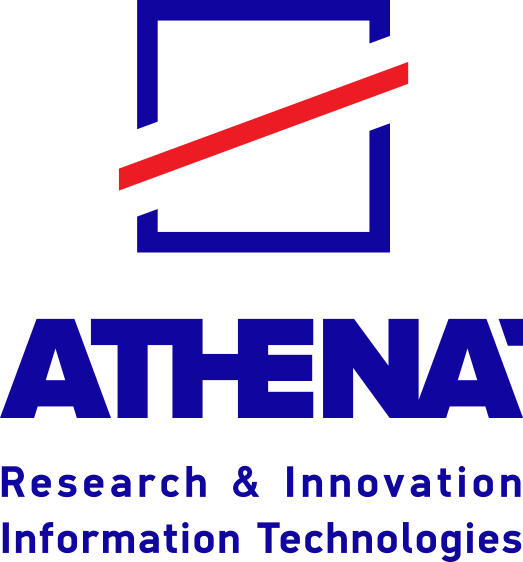The BioMed.AI Summer School takes place from 11-13 September in Lisbon, Portugal. It is organised by the Biomedical Research Foundation of the Academy of Athens under the auspices of the Academy of Athens and co-organisers Nova School of Law & What Next Law in Lisbon Portugal. The event is endorsed by the World Health Organization (WHO)/ International Agency for Research on Cancer (IARC), European Public Law Organization, BBMRI-ERIC and ARCHIMEDES of Athena Research Center.
About the event
The second edition of the BiomedAI Summer School continues a journey at the intersection of biomedical research, healthcare, ethics, and cutting-edge innovation.
The objective is to bridge the realms of Biomedicine, Big Data, and Artificial Intelligence while upholding the principles of ethical conduct and responsible innovation. As we navigate the landscape of AI applications in medicine and healthcare, we recognise the immense potential they hold for revolutionising personalised medicine. However, with great innovation comes great responsibility. It’s crucial that we tread carefully, mindful of the ethical, legal, and social implications inherent in the advancement of AI in these critical fields. Our focus extends beyond mere technological prowess; we aim to foster a culture of ethical consideration and regulatory compliance to safeguard human life and dignity.
The BiomedAI Summer School international initiative, serves as a nexus for interdisciplinary collaboration, bringing together scholars and professionals from philosophy, law, biomedical sciences, and technology. Through a blend of lectures and hands-on workshops, participants gain profound insights into the opportunities and challenges posed by AI in healthcare, while exploring the intricacies of Responsible Research Innovation (RRI).
There will be an incredible lineup of speakers from renowned institutions like Nova Medical School, Nova School of Law, and Whatnextlaw, as well as distinguished representatives from the European Parliament, the European Health Data space, WHO and IARC.














